The Auckland Diwali Festival is a major event in the city’s calendar and is a must-do for everyone. this is your ultimate guide to the festival.
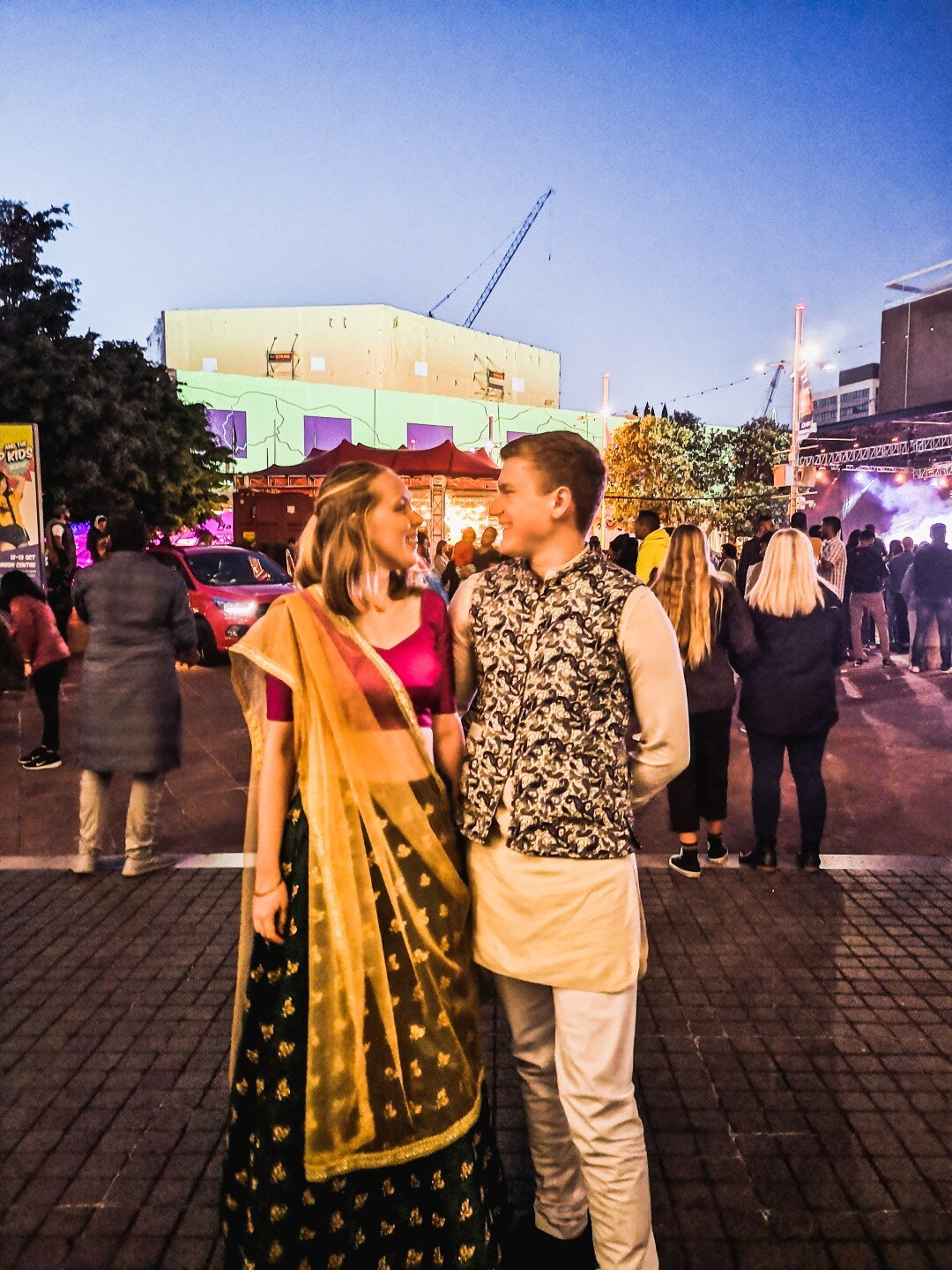
Since moving back to Auckland, I missed three festivals before finally making it to the Diwali Festival in 2019. And I absolutely loved it! Isaac and I went all out on the Saturday night and glammed up in our Desi outfits. We had such a good time that we popped in three times over the weekend. We watched a variety of performances, loved the food & enjoyed the fireworks finale.
What is Diwali?
Diwali is the Hindu Festival of Lights, celebrating the triumph of good over evil and light over darkness. It marks new beginnings and is one of the biggest and most important celebrations in India. To fully wrap your mind around this – at my Indian primary school, I got a two week holiday for Diwali and only three days over Christmas. While we didn’t celebrate the religious side of the festival, we would always get together with friends to dress up, share dinners, give gifts and let off a whole lot of fireworks.
Auckland has its very own Diwali Festival, which takes place annually in October. The free event has over 55,000 people attend during the 2-day festival. It is a key event in Auckland’s calendar and is something that every Aucklander should attend at least once!

Where is the Auckland Diwali Festival?
The Diwali Festival is located centrally in Aotea Square and along Queen Street. From Mayoral Drive to Wellesley Street, Queen Street is lined with stalls. Plan your trip accordingly as parking in the CBD may be difficult with the number of people gathering for the event. Use one of these Auckland apps to make it easy getting to the festival.
What Entertainment is offered?
There are multiple stages at the festival with entertainment all day long. With dance and music such a central part of Indian culture, you can be sure that you’ll get your hips moving too!
I absolutely loved the younger kids performances and kids as young as 5 – they are always so cute on such a big stage! I also watched in awe at the choreography of the more experienced dancers. Since India is such a diverse country, you’ll get a little look at all the different styles of dance from traditional to Bollywood.
There are also musical performances again with a mix of styles. If you don’t know what a sitar or a tabla sounds like, this is your chance to find out! As well as the traditional performances, there are vocal recitals and a DJ to finish off the evenings.
Perhaps the most fun stage of all was the Street Zone where performances took place throughout the day, with onlookers forming a circle around the area.
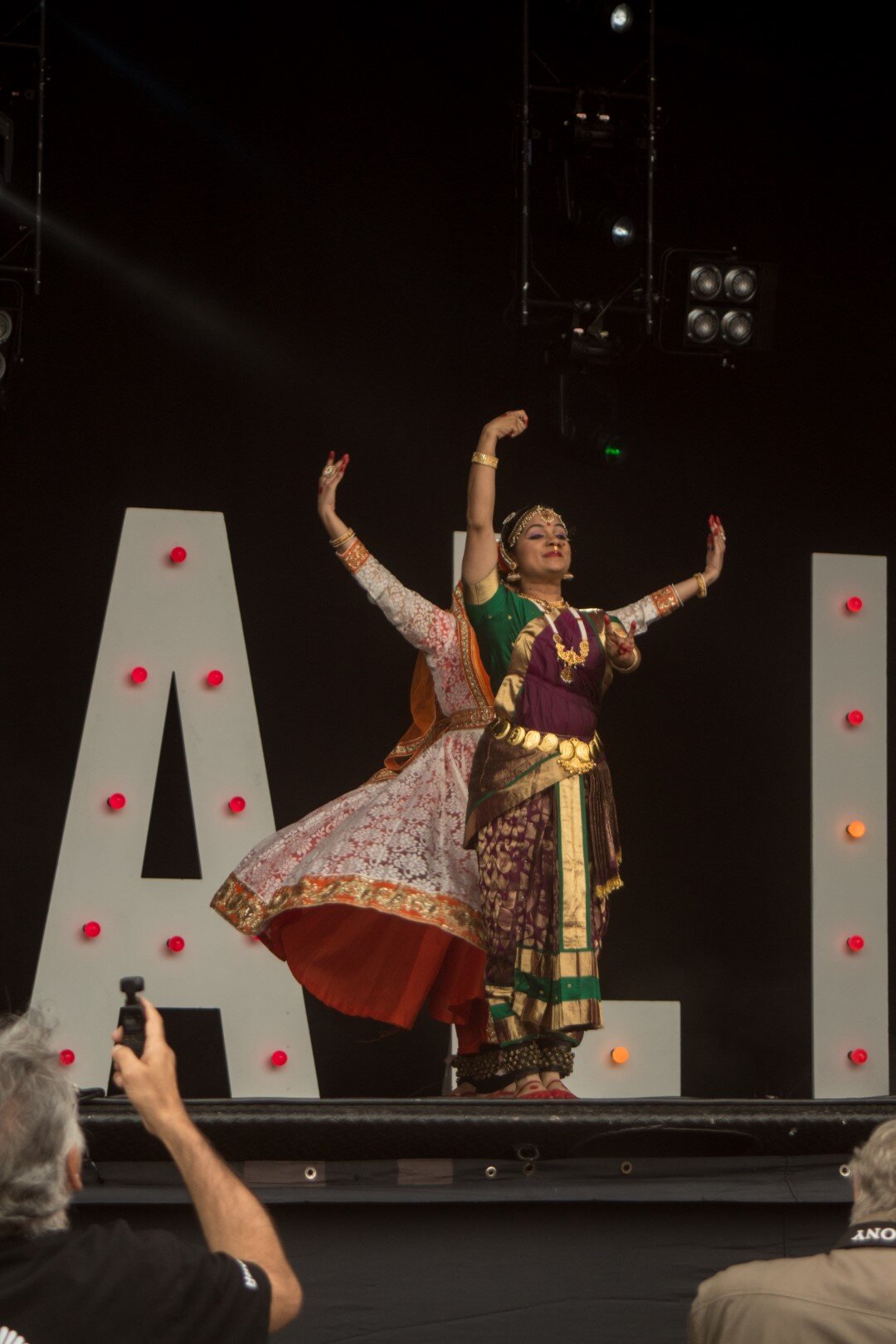

What Should I Eat?
The Diwali festival is vegetarian, but don’t let that put you off. Every dish is full of flavour and you can have a taste of authentic Indian Street Food without the risk of getting “Delhi belly!” There’s a huge selection of snacks and Indian sweets or “mithai”.
Here are my favourites
-
Plain Dosa: it looks like a crepe, but Dosa is a savoury South Indian breakfast food made from fermented rice batter and served with a lentil based stew (sambar) and chutneys.
-
Pav Bhaji: a typical North Indian street food, this is a vege curry (bhaji) served with a bread roll (pav).
-
Jalebi: this classic Indian sweet is made of a deep fried batter soaked in sugar syrup and tastes divine. It was the desert we chose at our wedding reception!
There are so many food choices, so be brave, step out of your comfort zone and try something new! Although I forgot my reusables for the festival, I was so impressed that everything was served with biodegradable plates, bowls and cutlery.

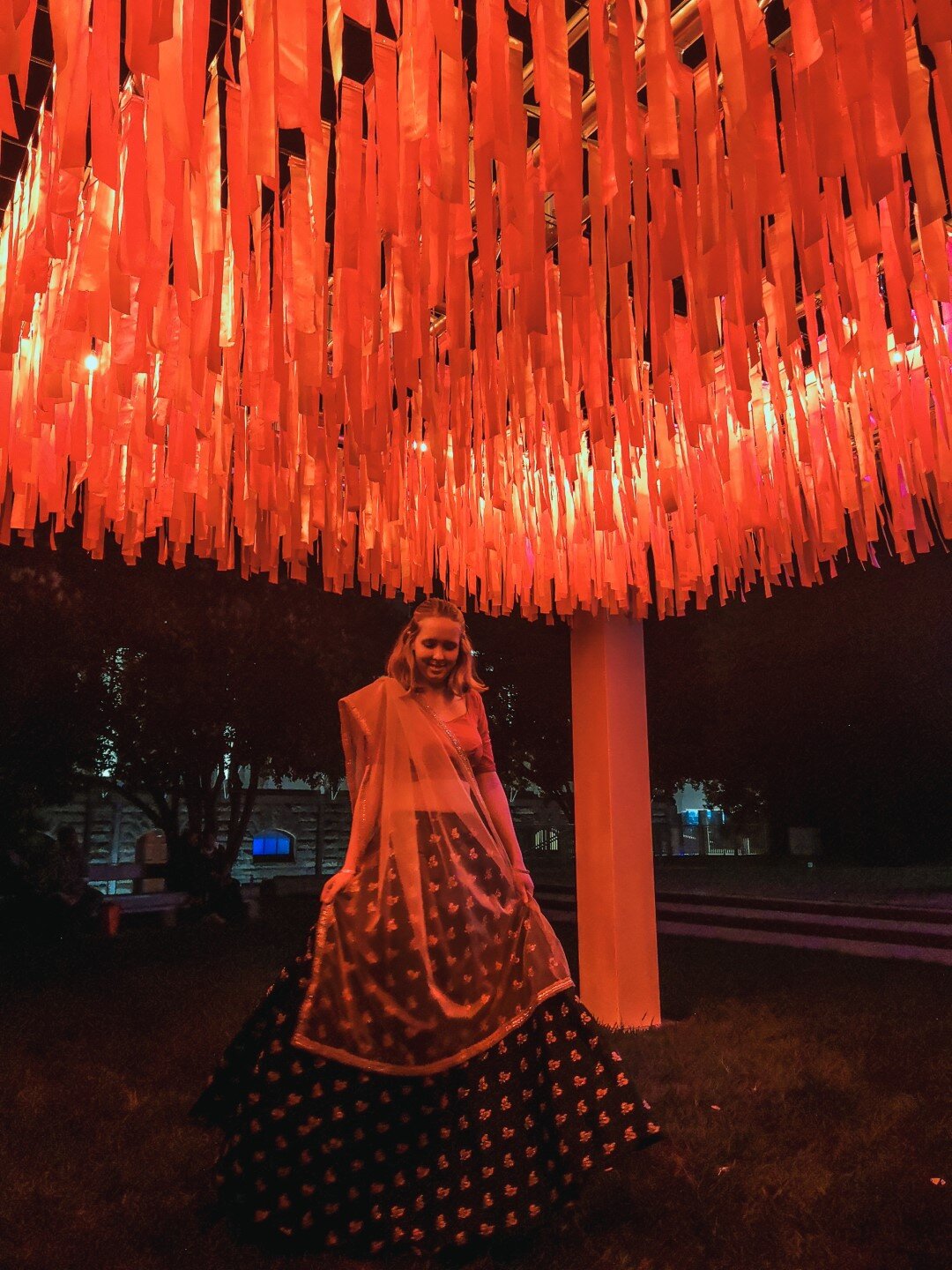
what is the best time to go?
Check the festival schedule to see which events or performances you are most interested in and visit at those times! At the 2019 festival, I visited the event on three separate occasions and was surprised that the crowd size was different each time!
In the early afternoons, the festival isn’t very busy. There are no lines for the food stalls and you’ll easily be able to stand close to the stage and watch the performances, often with the younger performers. The crowds start to pick up in the evenings and you may have to find yourself having to push through throngs of people or losing your friends in the crowd. Don’t worry, this is all a part of the authentic Indian experience!! However, we were still able to get food pretty quickly, not waiting for more than 5 minutes for our order.
Sunday night with fireworks finale was the busiest time in the square, with the crowd occupying the entirety of Aotea square from Queen Street to the Aotea Centre as well as filling Queen Street from Wellesley Street to Mayoral Drive. It was absolutely packed, although the fireworks display at 8:50 pm on Sunday was worth it!
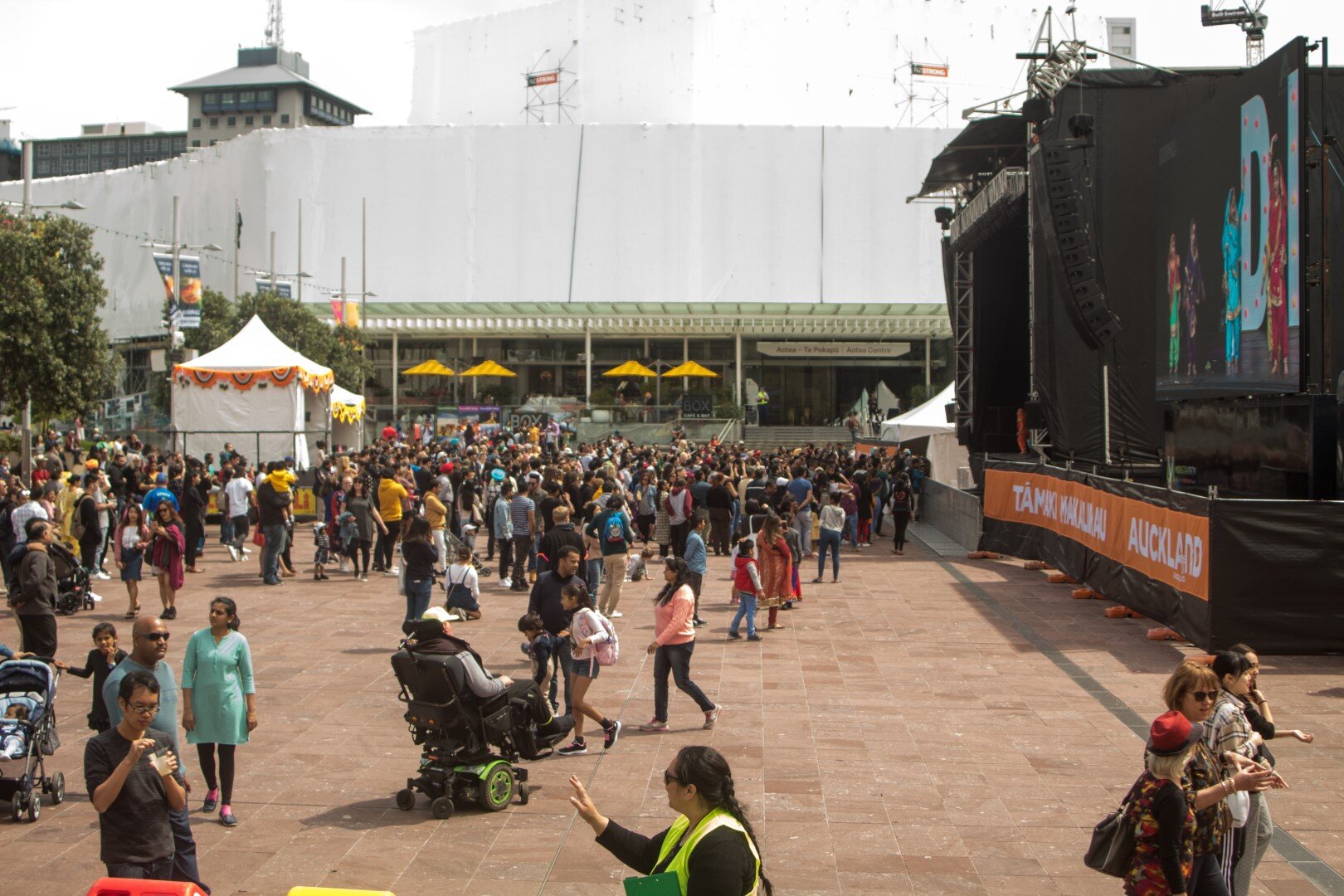
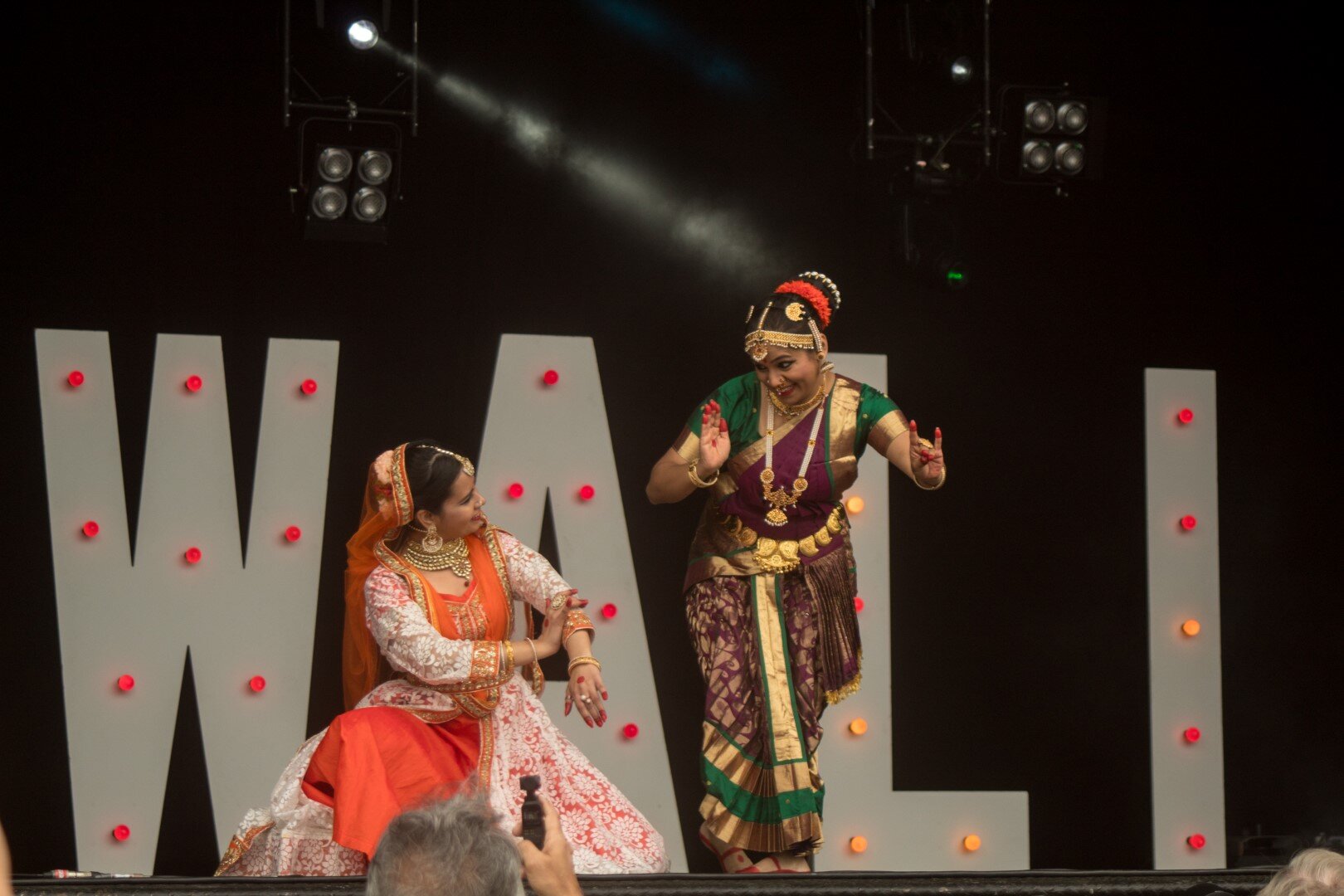
Overall, the 2019 Diwali Festival was a terrific event. With a whole bunch of sponsors, including ASB, Harcourts, Resene and Ford, there were multiple competitions to enter. Resene hosted a rangoli workshop which was busy every time I passed by & Harcourts hosted a fun painting workshop! The 2019 festival also had a “Canopy of Colour” art installation which looked great!
Two more free Auckland Diwali Festivals are taking place this weekend, both packed with food, entertainment and a fireworks finale.
Manukau Diwali Festival 2019
When: Sat 19 Oct 2019, 12:00pm–9:00pm
Where: Sir Woolf Fisher Arena Vodafone Events Centre, 770 Great South Rd, Manukau City, Auckland
Waitakere Diwali Festival 2019
When: Sun 20 Oct 2019, 12:00pm–10:00pm
Where: The Trusts Arena, 65-67 Central Park Dr, Henderson, Auckland
I had such a great time at the Auckland Diwali Festival this year and although it was my first, I am certain it won’t be my last! If you missed the main event in 2019, there are two more Auckland-based festivals this weekend, details above. Mark your calendars and come with me to celebrate Diwali in 2020!
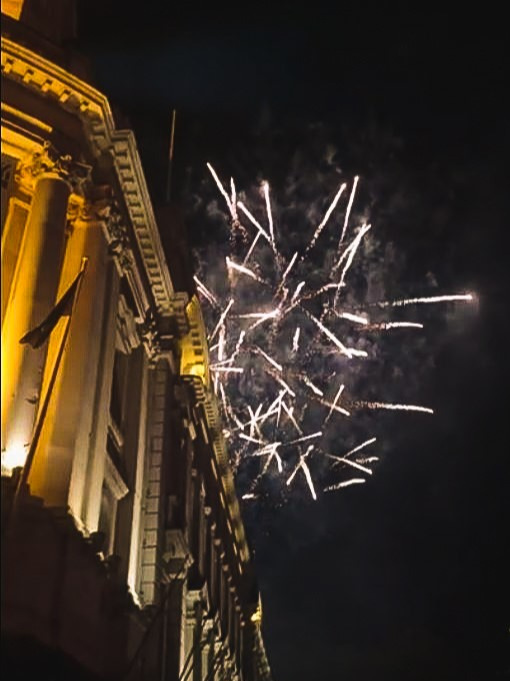
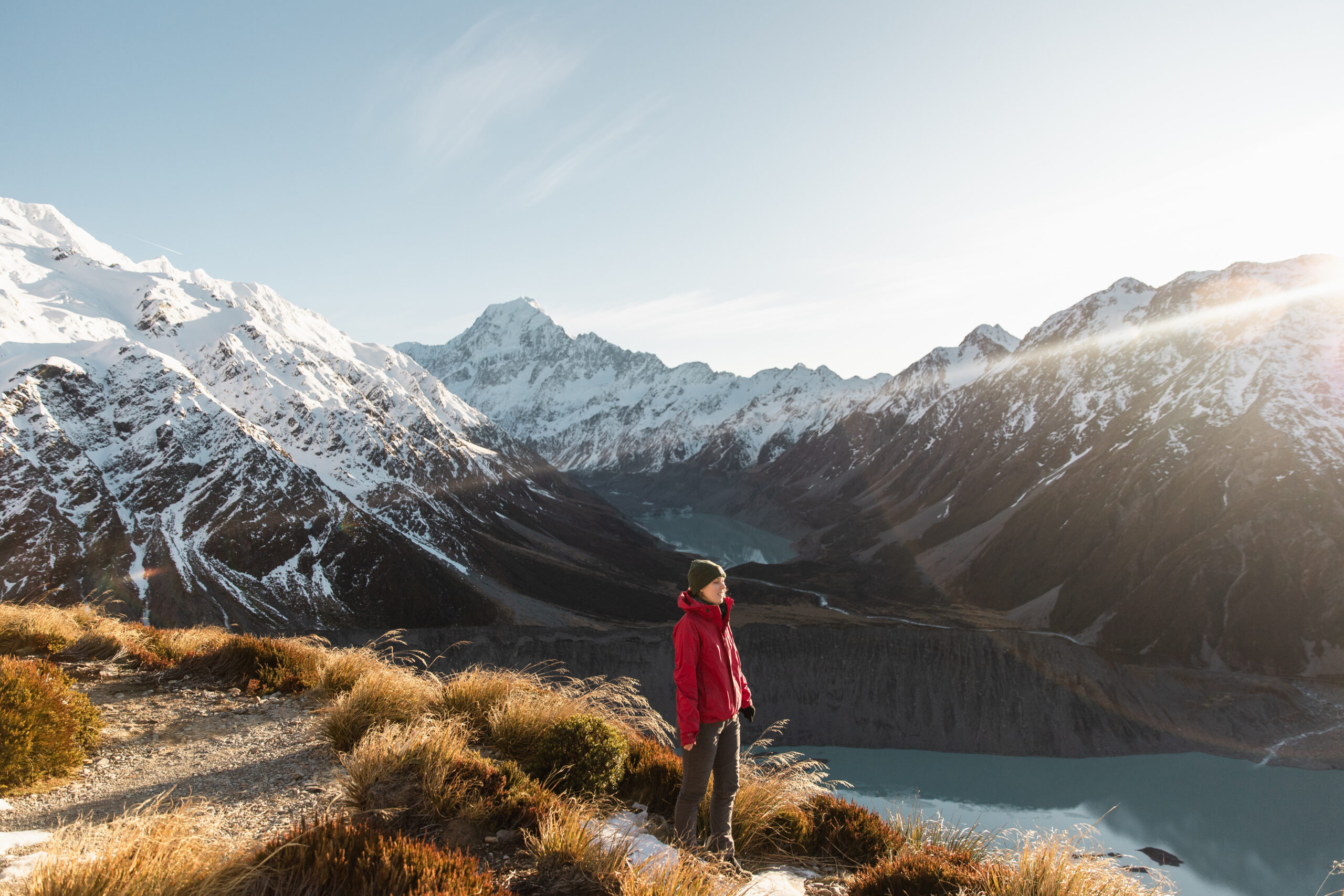
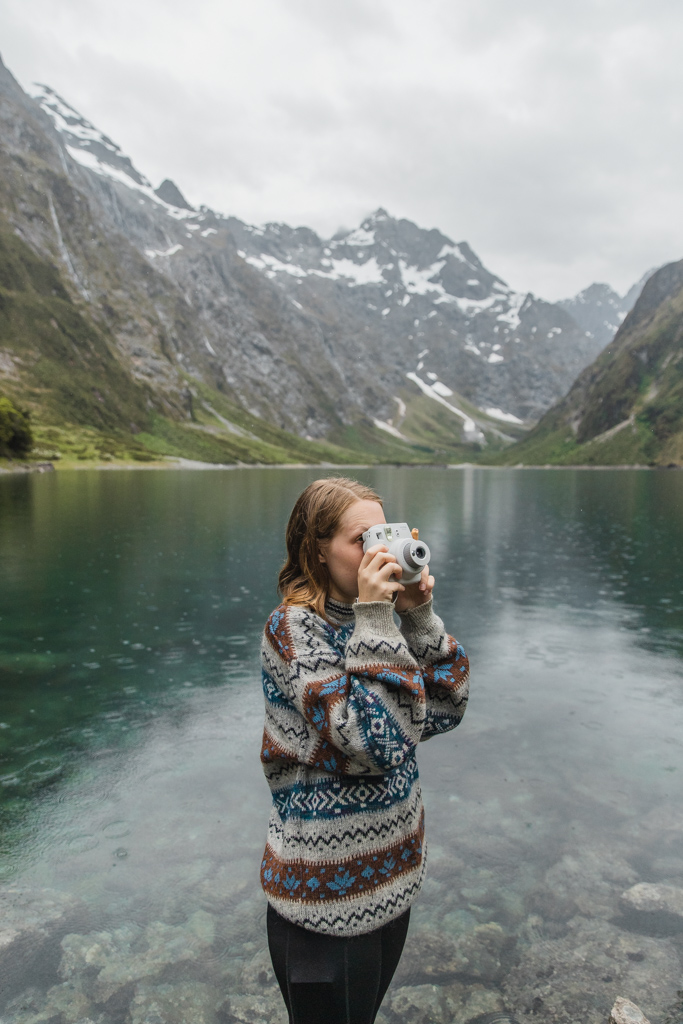
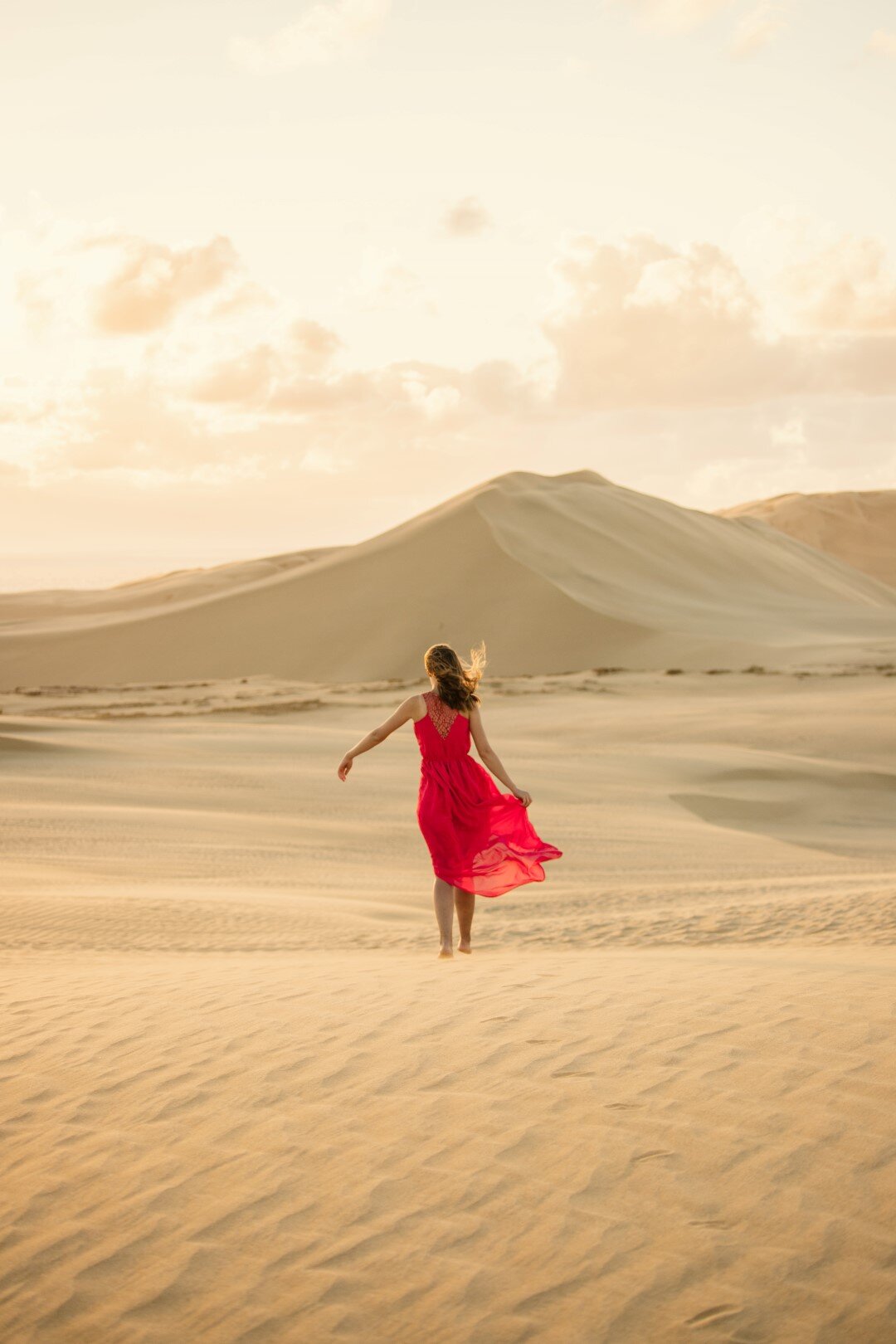
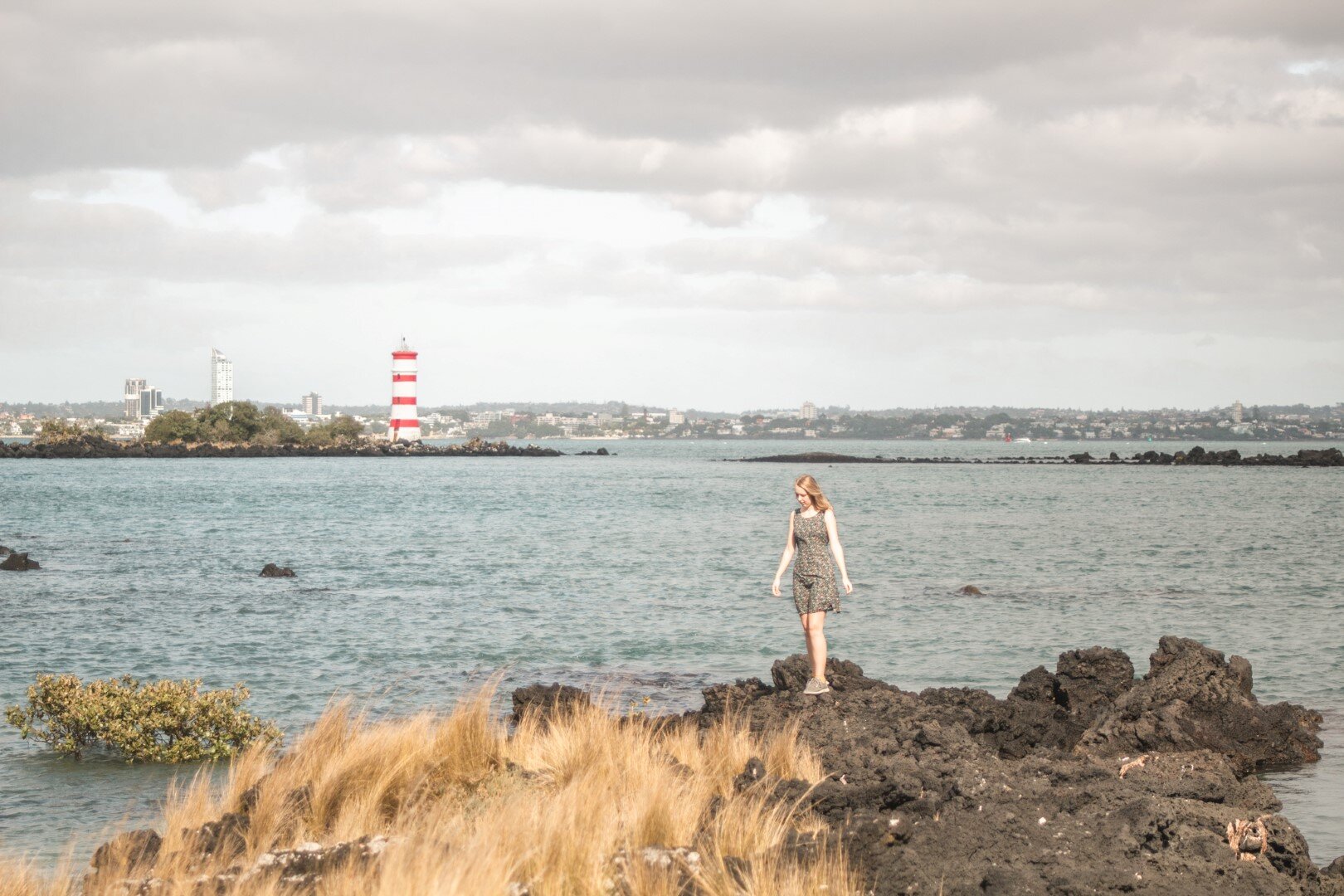
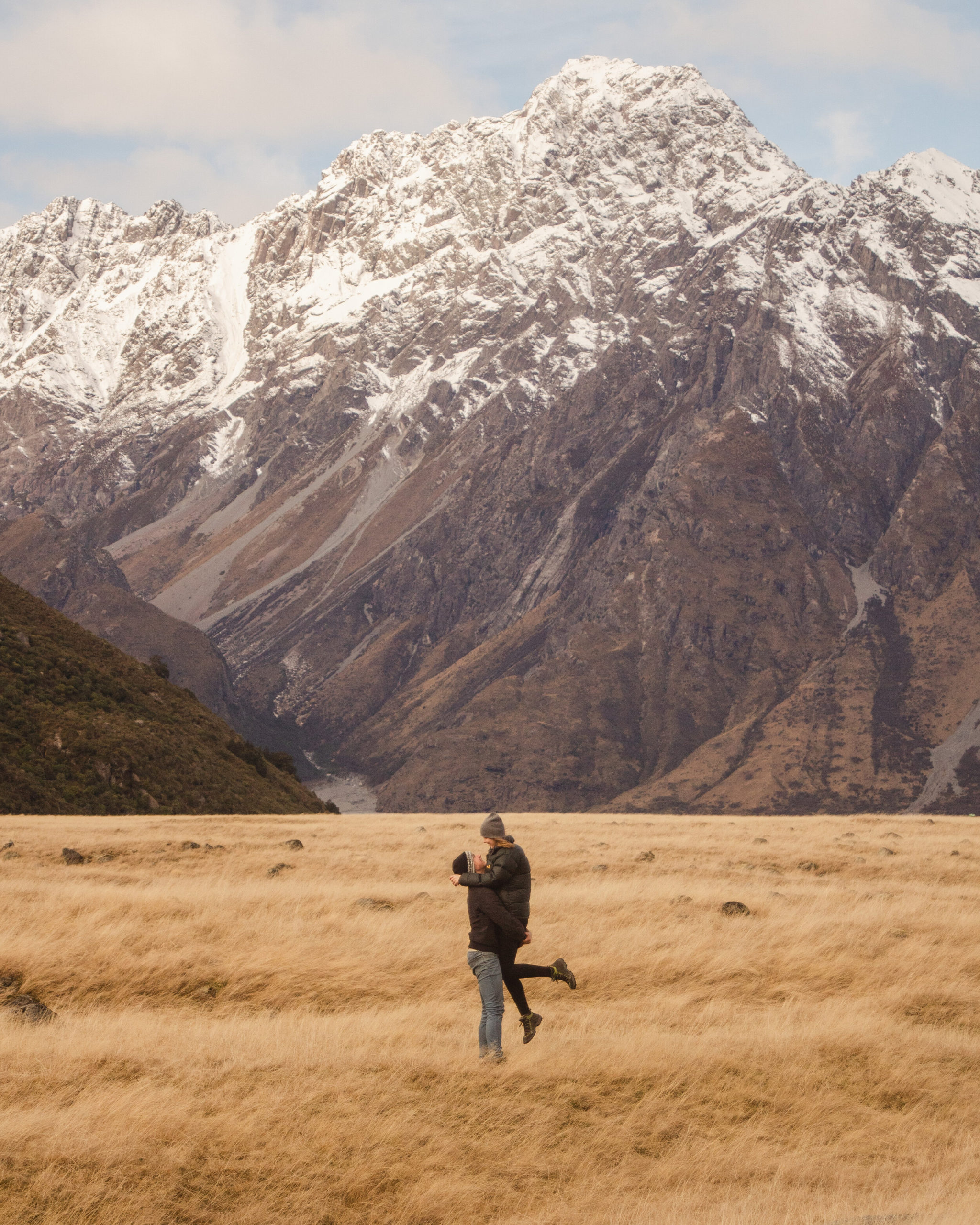
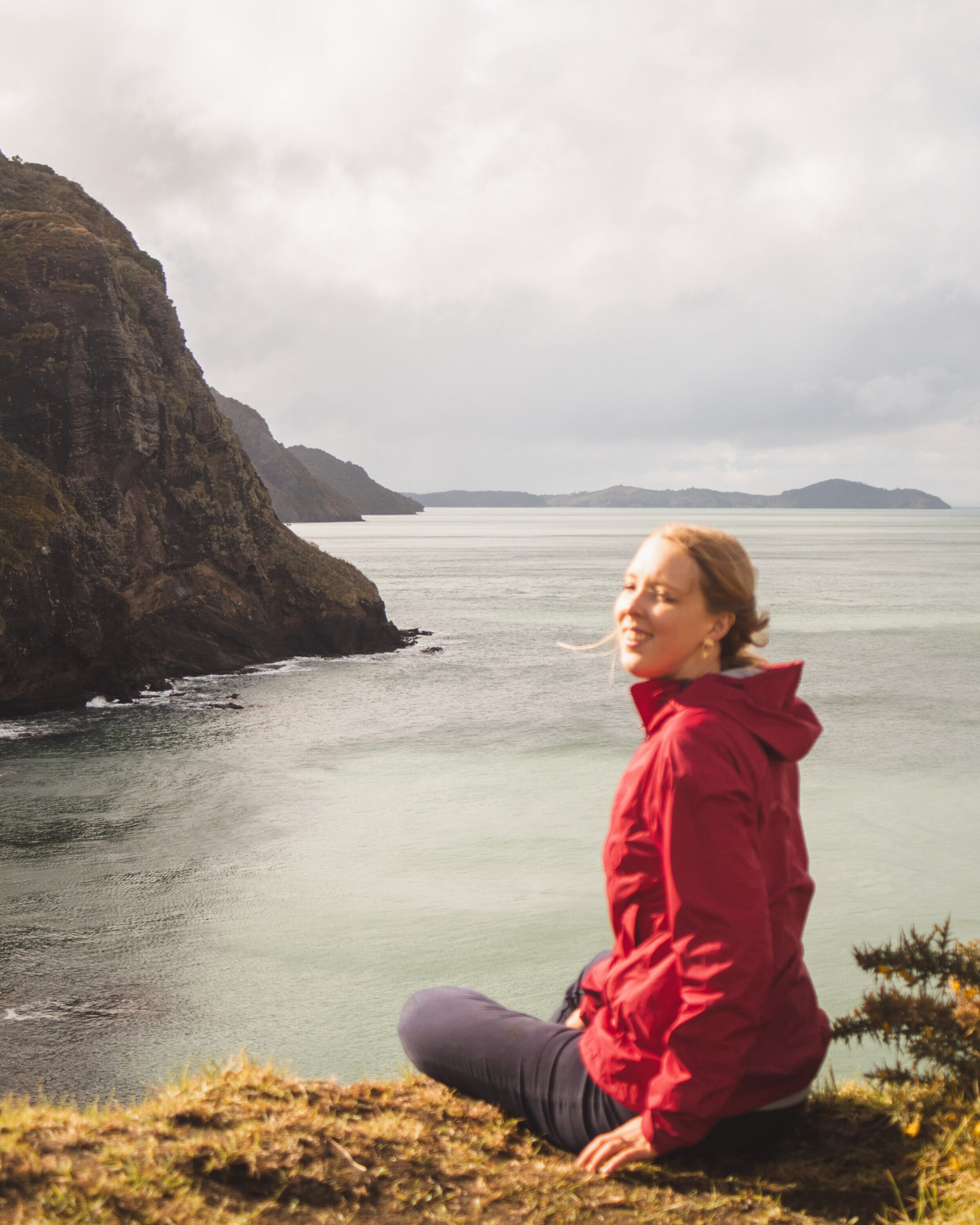
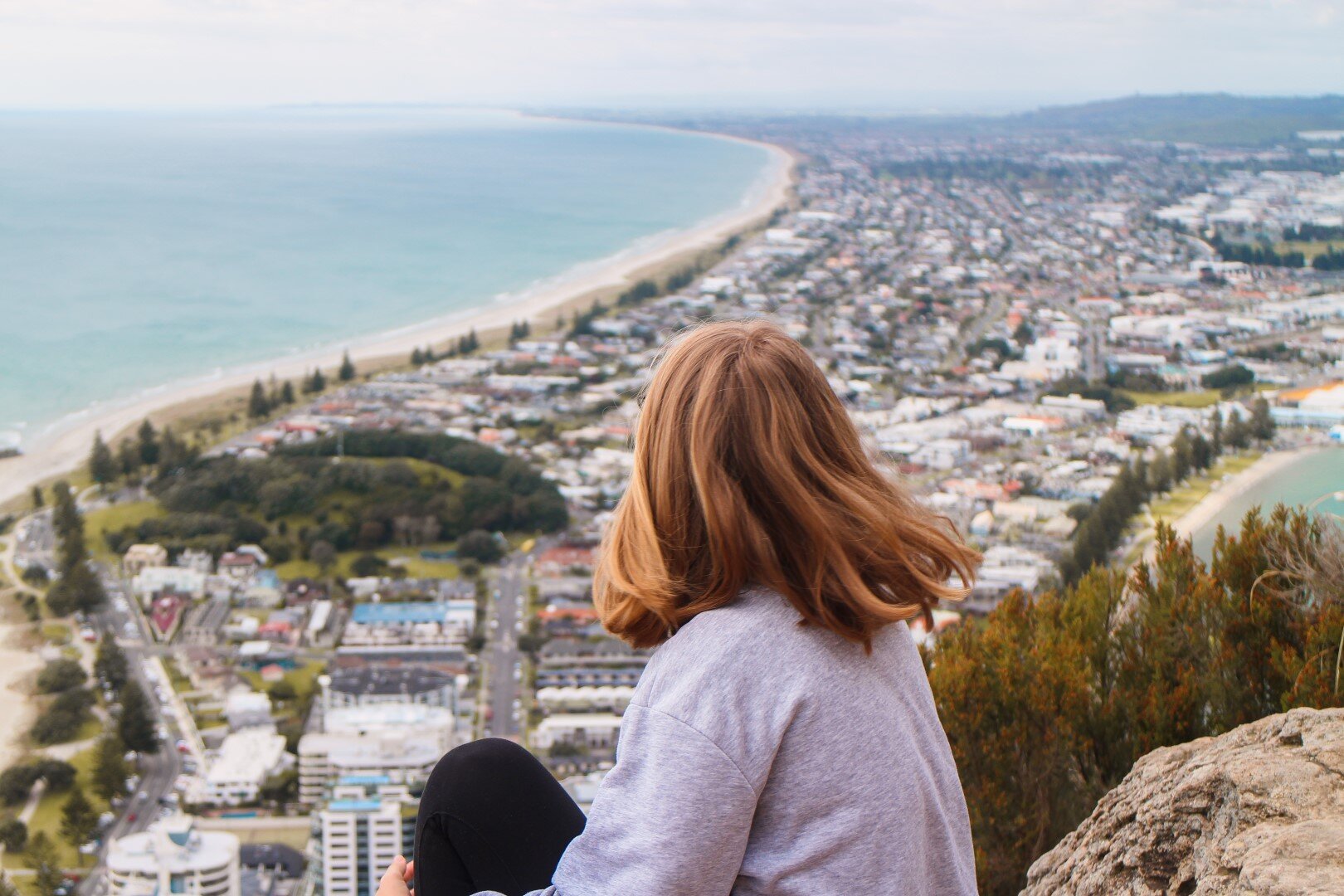
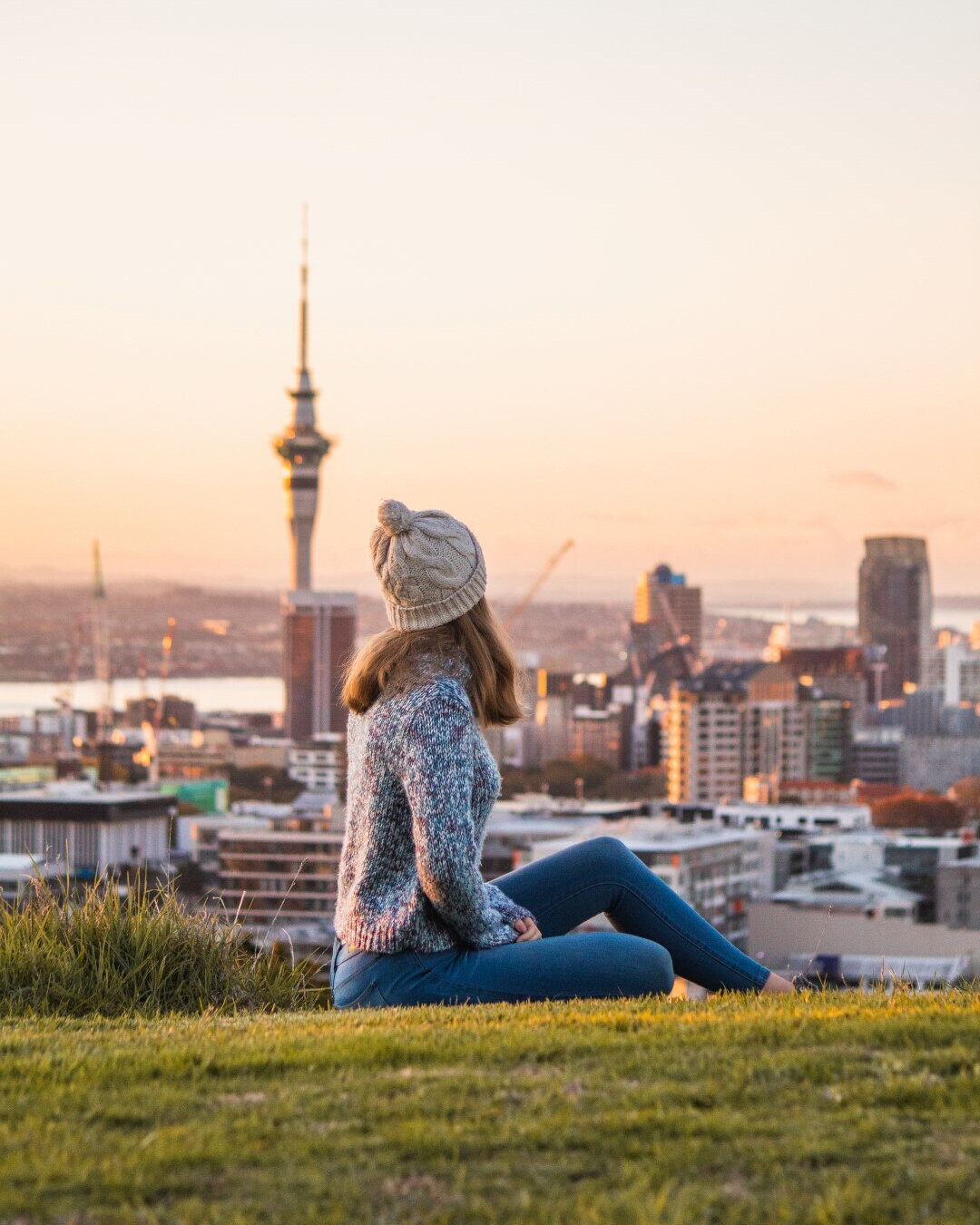
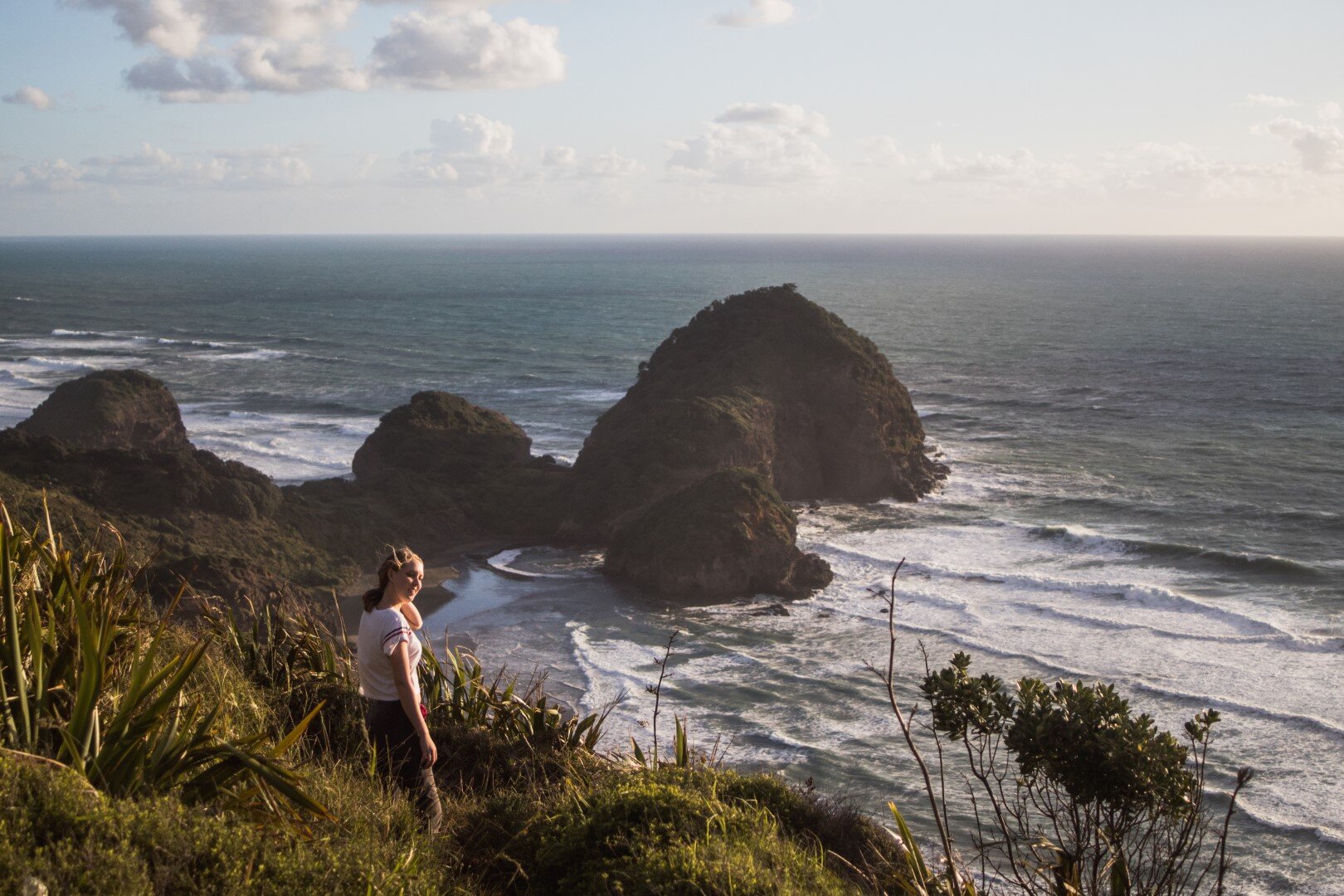
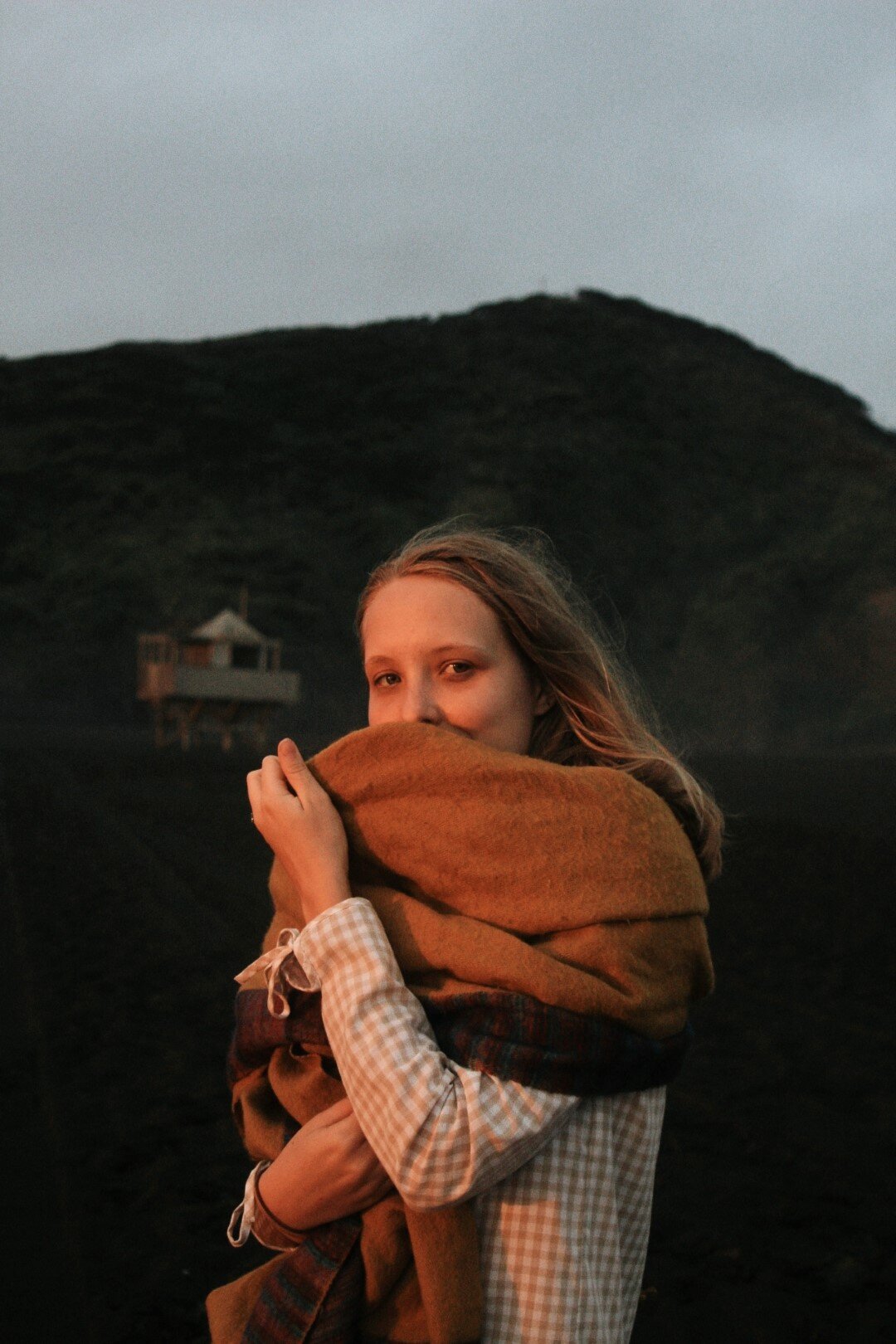

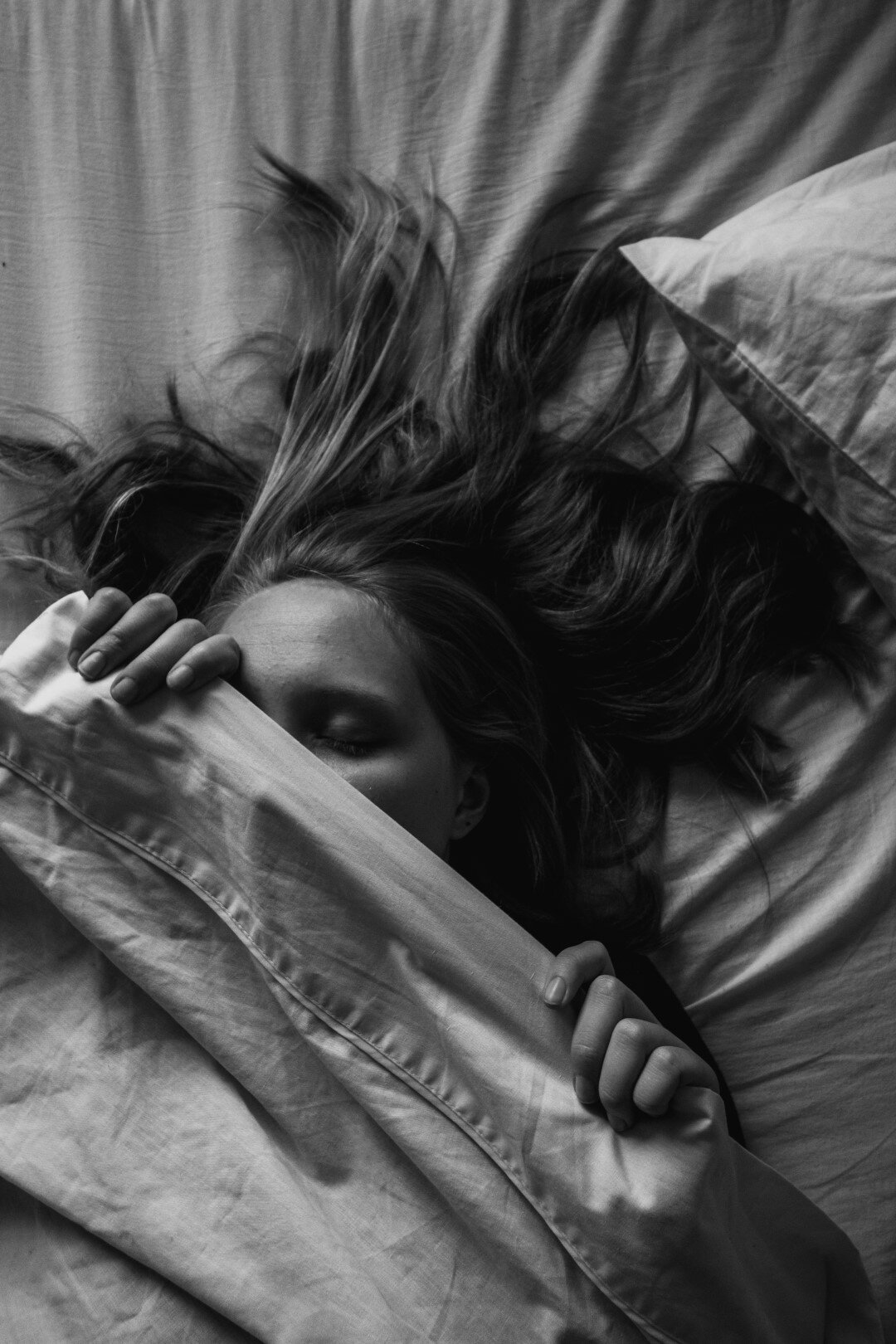
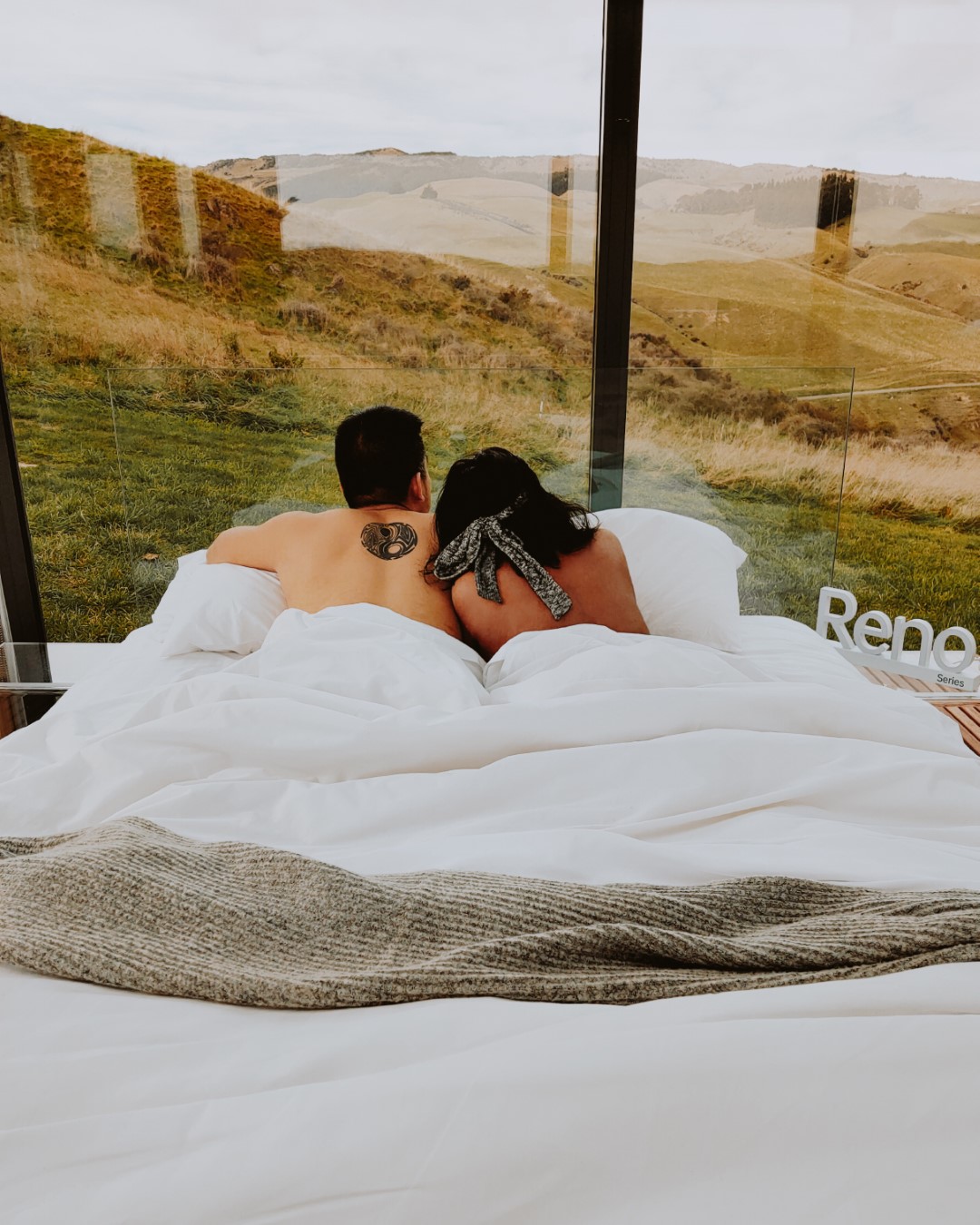
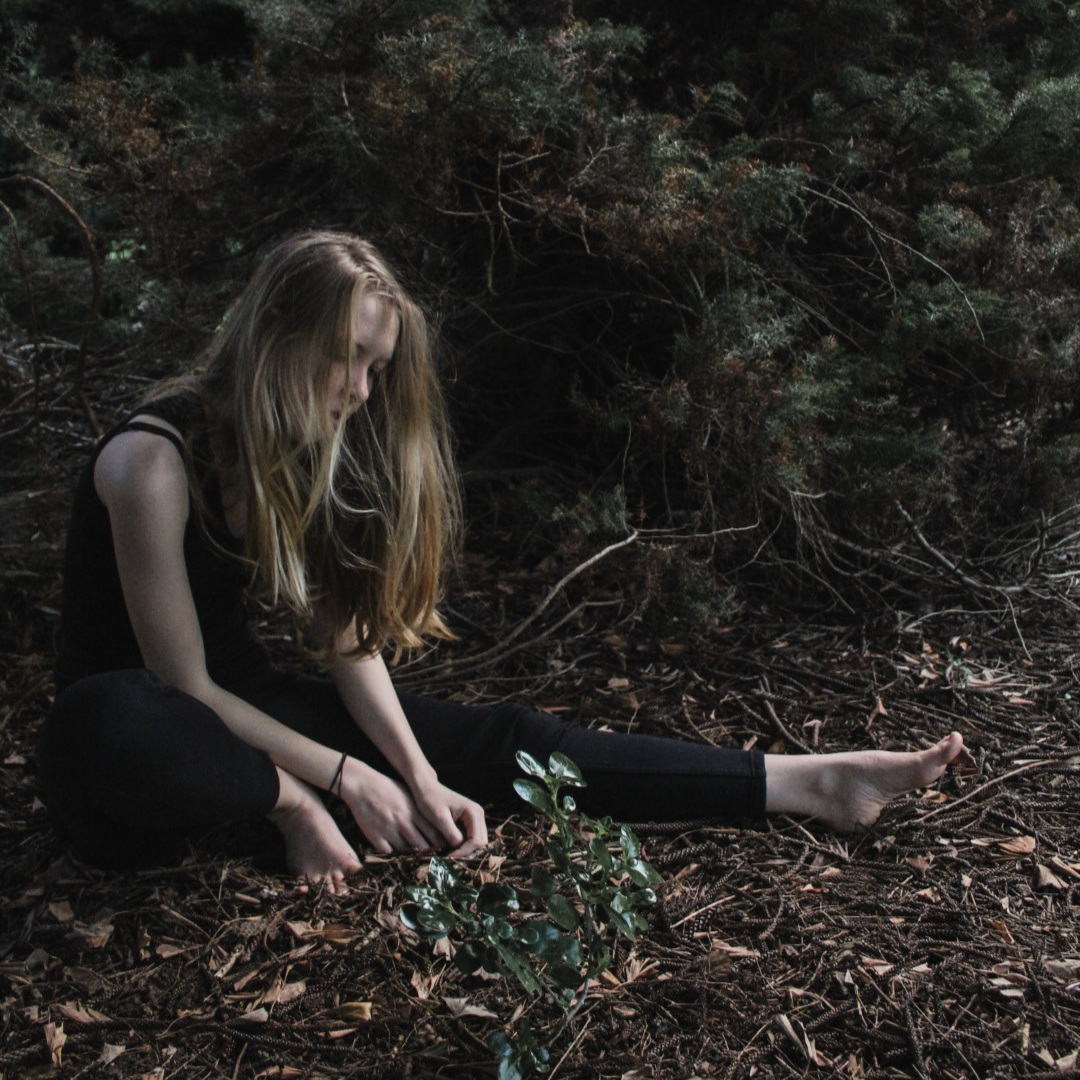
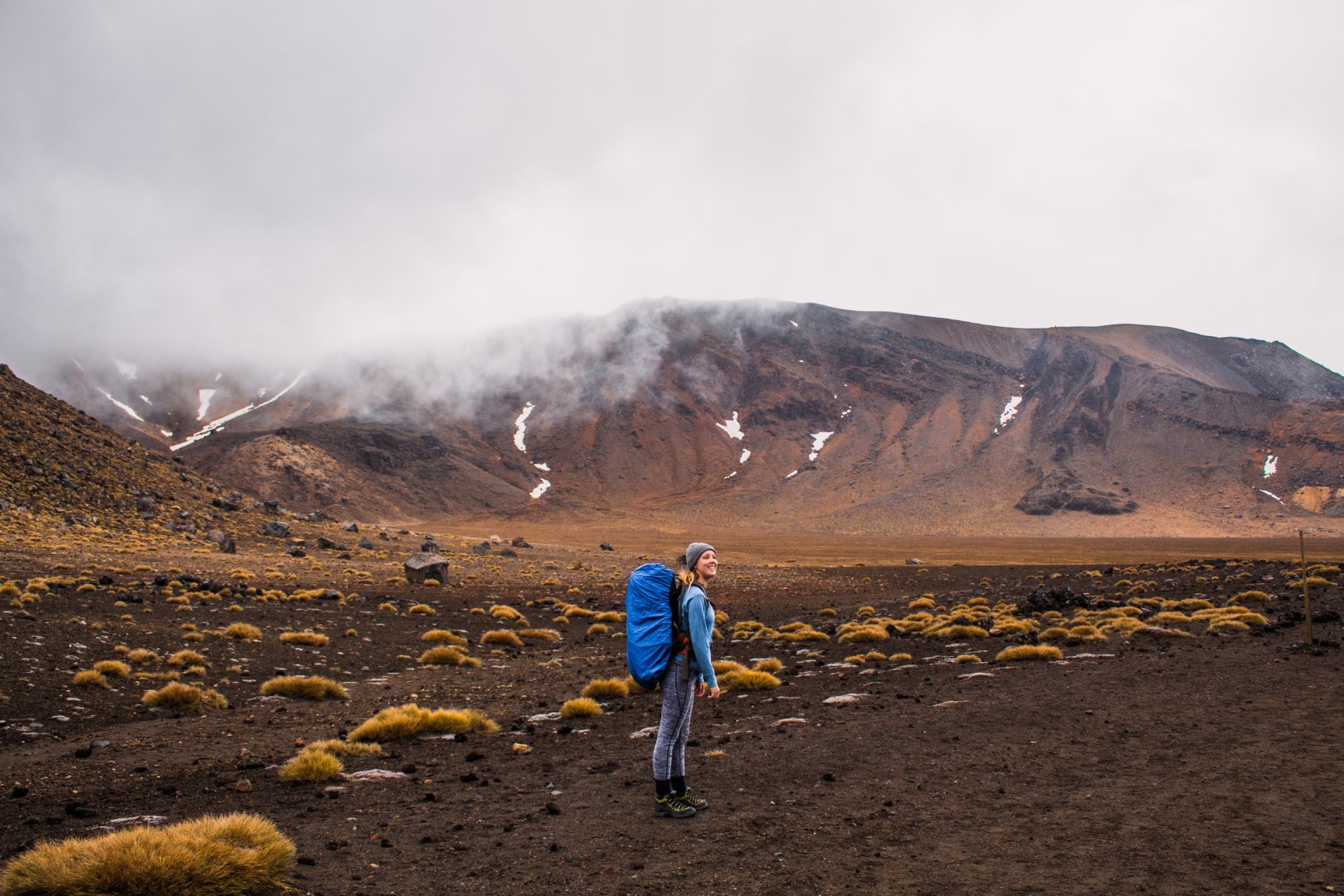

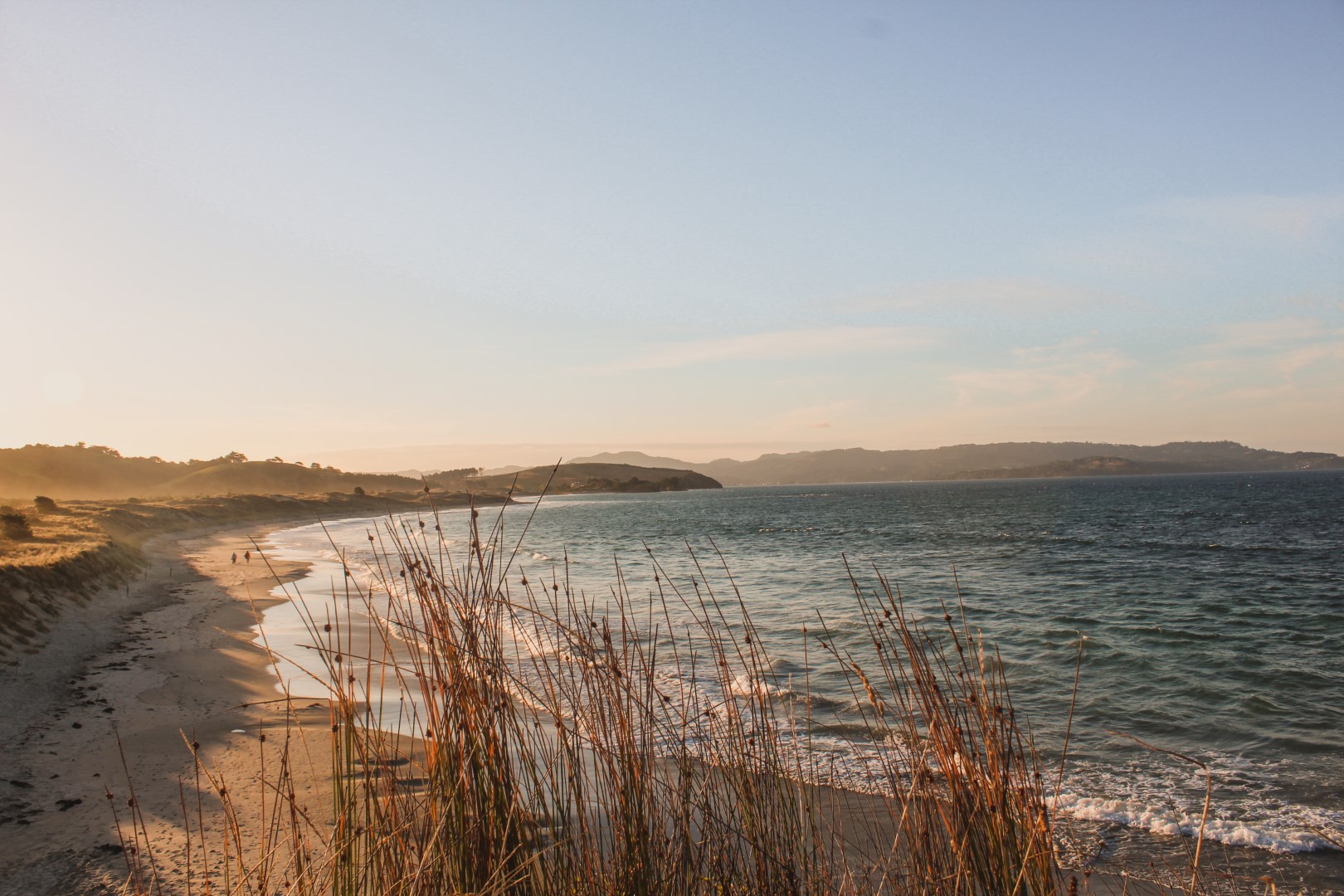
I love the photos and all the people! It’s makes me feel like I’m back in Asia again. Nothing is quite like walking through those crowds
This is so true – it’s one of those things you don’t realise you miss until you get it again. NZ’s 4 million doesn’t quite compare to India’s 1.2 billion!